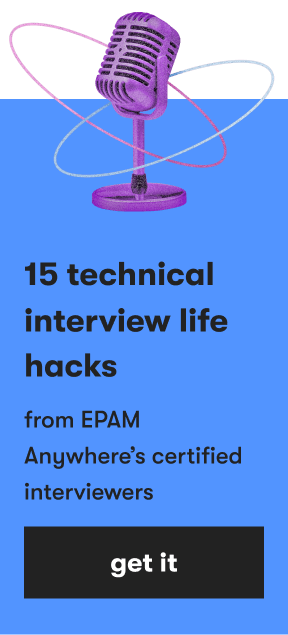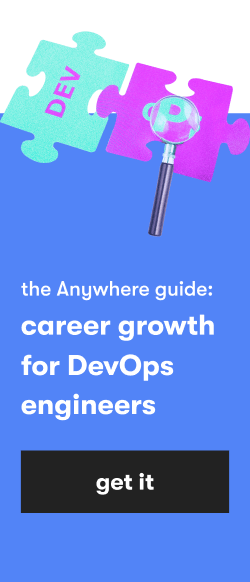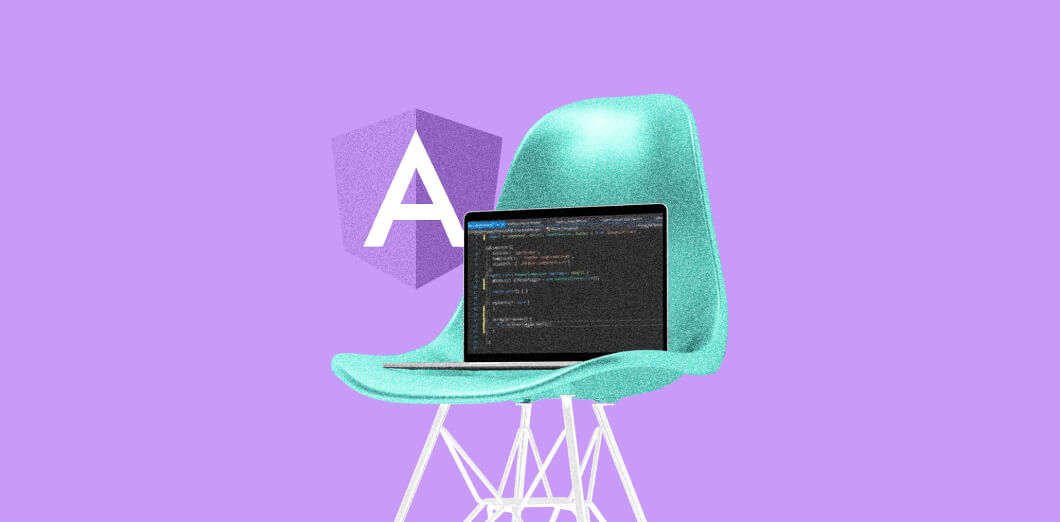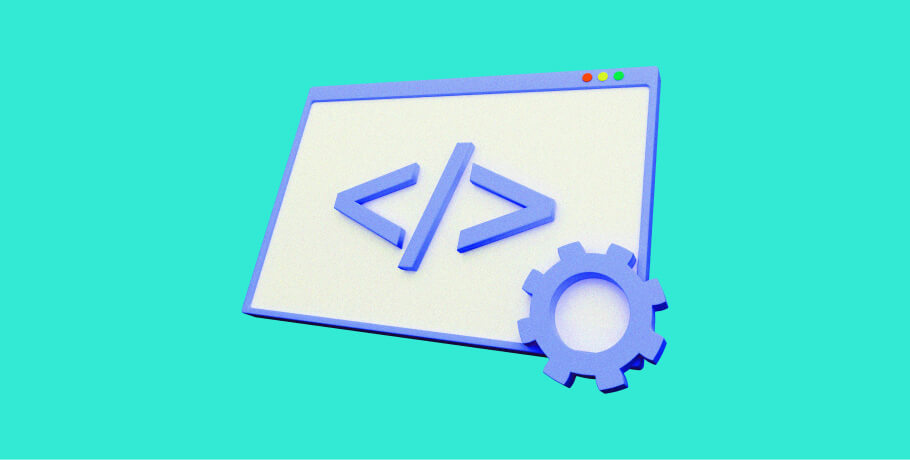Ansible is an IT automation tool that helps businesses with software deployment. Launched by Red Hat, this system is growing across all industries now, from horse racing to healthcare.
To get a remote Ansible developer job, you need an understanding of Ansible and the needs of the area you go into. So when preparing for an interview, you need to provide the answers that demonstrate your knowledge.
Before the interview, remind yourself that you’ve got this. If you are still in the prep phase, this article will help you with some of the most common Ansible interview questions.
8 Ansible questions and answers for DevOps engineers
1. What is Ansible?
Ansible is a configuration management system. Main usage is infrastructure and applications management. It allows you to deploy and update applications using SSH, without agent installation on remote hosts.
2. What’s the purpose of Ansible?Developers use Ansible to manage infrastructure and software app deployment to remote nodes. It lets you deploy an app to many nodes with one command. However, you need programming knowledge to understand Ansible scripts. Ansible is a versatile tool that has lots of extensions that allow you to build and scale full enterprise-level infrastructure and software management solutions.
3. What are the features of Ansible?
Features that are worth highlighting:
- Agentless/SSH/Push: There is no node management of the software or agent (unlike Puppet or Chef).
- Python: Ansible is built on Python, an easy-to-learn programming language. It is incredibly robust and easy to write scripts on.
- Easy to learn: Ansible is easy to set up and learn. It is open source; so, anyone can access it.
An Ansible playbook is a list of tasks that work together. A play is a sort of translation, a communication between two separate hosts or machines. It might contain multiple tasks but can have one.
5. What is “idempotency”?
Idempotency is one of the most important concepts in configuration management and part of most Ansible modules requirements. Idempotency is when you can apply an operation multiple times but expect no change after the first run. So if you run a playbook twice, the second run will do nothing.
6. Name Ansible tools
Here’s a list of different tools you can mention during an Ansible developer interview:
- Ansible Galaxy: the Galaxy website allows you to find and share community roles to help save you time.
- Ansible Tower: a command-line tool (also with a graphical component) that provides additional functionality.
- Visual studio code: a Microsoft-developed code editor with support with YAML and Ansible through extensions.
- Atom: an open-source text editor for tracking project changes helpful in integrating with YAML files.
7. Explain the key Ansible terms
Here are a few basic terms you should know regarding Ansible:
- Controller machine: The place where you install Ansible. It provisions managed servers.
- Inventory: The initialization file with information about different servers you manage.
- Playbook: A code file written in YAML format. It has tasks the program needs to execute or automate.
- Task: A single procedure that the program needs to execute (e.g., installing a library).
- Module: A set of tasks the program can execute. Ansible has many built-in modules. You can also create custom ones.
- Role: A predefined way to organize playbooks and files to enable sharing and reusing portions of provisioning.
- Play: An entire task from start to finish. This is the execution of a playbook.
- Facts: Global variables that store system details. These include network interfaces or operating systems.
- Handlers: They trigger the status of a service, such as restarting or stopping.
Ansible modules perform a specific task using small code pieces. You can use them to automate many tasks. They run tasks (functions or standalone scripts) idempotently (meaning no side effects for multiple consequent runs).
These modules return JSON strings in stdout. Its input depends on the module type.
There are two types of modules:
- Core modules: Maintained by the core Ansible team, these always ship with Ansible. Issues reported here have priority fixing status, compared to those in the extras repo. Ansible hosts these modules on GitHub in ansible-modules-core.
- Extras modules: These modules are maintained by the Ansible community. Ansible ships them for now, but they might get discontinued later. Popular extra modules can move to core modules with enough use. You can find these through Ansible on GitHub in ansible-modules-extras.
Ansible interview tips to secure your new position
With this list, you’ll be able to answer key interview questions on Ansible, whether you're looking to get hired as a DevOps engineer or in any other related role.
Showcasing your knowledge is vital in any technical interview. However, here are some more good reminders that will help you:
- Come to the interview with questions; it shows you are interested in the company.
- It is better to admit you don’t know something rather than making things up.
- Stick to a positive, upbeat attitude at all times.
- Be prepared for personal questions — interviewers like someone they can talk to.
- Don’t talk negatively about prior colleagues.
With a positive focus and your knowledge of Ansible, you’ll get your job. As your first step, browse EPAM Anywhere’s remote jobs and apply for the one that feels right for you. Looking forward to getting your application!
Thanks to Yury Kachubeyeu, Systems Engineering Manager and DevOps Technical Interviewer, EPAM, for reviewing and contributing to this guide.

As Chief Editor, Darya works with our top technical and career experts at EPAM Anywhere to share their insights with our global audience. With 12+ years in digital communications, she’s happy to help job seekers make the best of remote work opportunities and build a fulfilling career in tech.
As Chief Editor, Darya works with our top technical and career experts at EPAM Anywhere to share their insights with our global audience. With 12+ years in digital communications, she’s happy to help job seekers make the best of remote work opportunities and build a fulfilling career in tech.
Explore our Editorial Policy to learn more about our standards for content creation.
read more





























